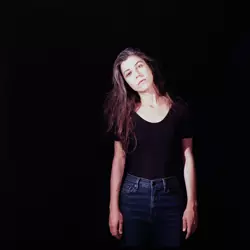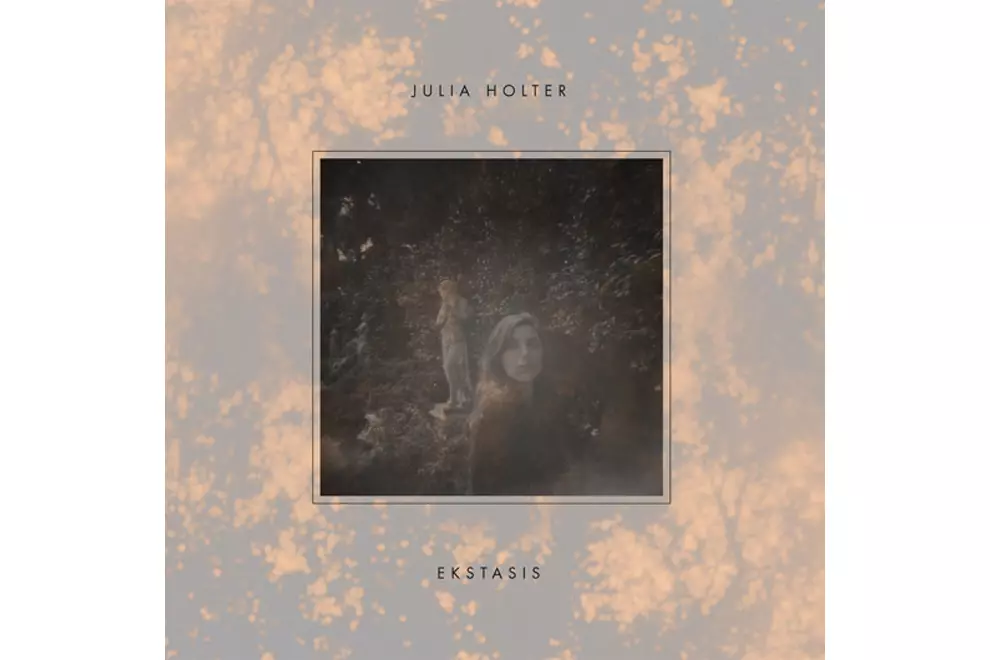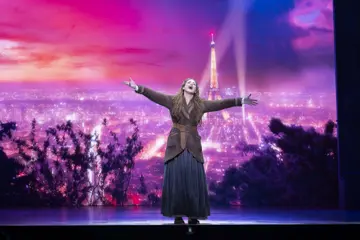 Julia Holter
Julia HolterJulia Holter inhabits a fascinating world as a modern composer. Her music doesn't sit comfortably in any one genre – indie, electronic, ambient or pop – but rather it straddles multiple styles, drifting between them and merely hinting at the musical references that inform her music.
Ekstasis is Ancient Greek for ecstasy and specifically being 'outside of oneself' and, in the context of Holter's work, it is a wholly appropriate title. There is a dreamy quality to the album that comes from both the instrumentation (Casio SK-1, Fender Rhodes) and her voice. Holter uses its tonal qualities to build up beautiful billowing patterns of phrases that range from the dreamy choir effect on Moni Mon Amie to the Indian-influenced Four Gardens and Goddess Eyes I in which she channels the experimental pop of Laurie Anderson.
What prevents Ekstasis from wallowing in its own ambience is her compositional ability to introduce rhythm and percussion just when the music sounds like it is settling into sleep mode. Our Sorrows benefits from defiantly rigid drumming that both steadies and provides movement to the track, while elsewhere In The Same Room's upbeat drum programming takes the song closer to pop music than anywhere else on the album.
The precedents for this kind of exploration of the outer limits of pop music are people like Kate Bush, Cocteau Twins and Mark Hollis from Talk Talk, which lends Ekstasis a very English feel. It is precise and considered and suggests its roots lay as much in classical and folk traditions as anywhere else. It is that elusive and ethereal quality that makes this album such a fascinating and immersive treat.
Don't miss a beat with our FREE daily newsletter
















